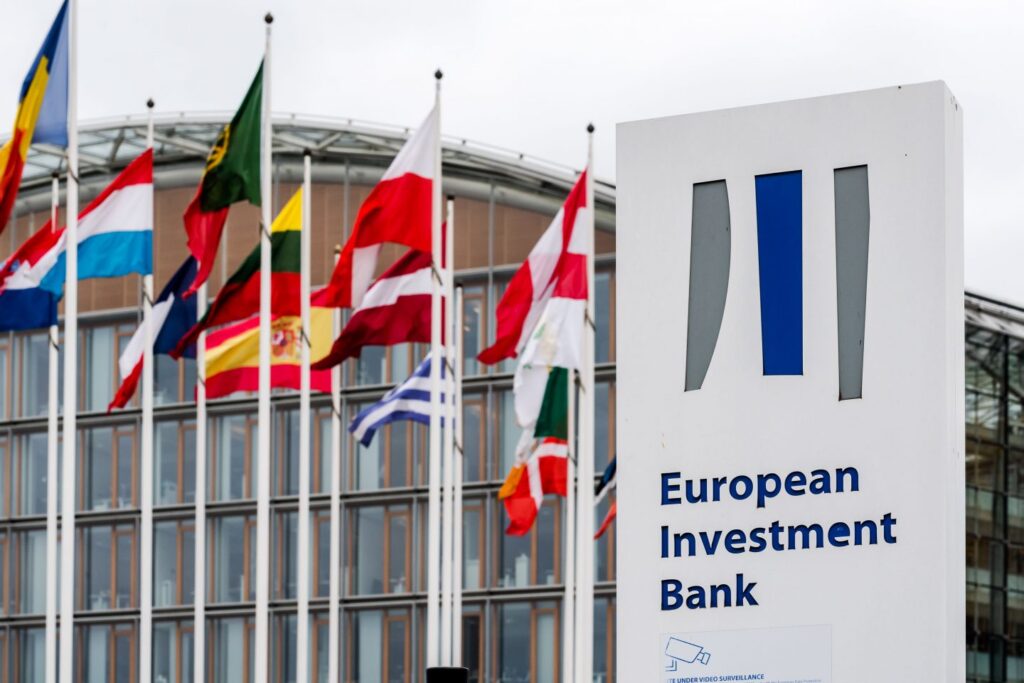The role of the state in the field of investments is becoming increasingly important, as, over the coming decades, additional funds will be required for the purposes of: (a) tackling climate change, (b) the digital transition, (c) the development of artificial intelligence, and (d) ensuring social cohesion. In this context, it is necessary to improve the capacity of the state to plan, evaluate and promote public investments.
In Cyprus, public investments are estimated to increase by at least €10 billion, at current prices, over the next 15 years, in order to cover the above needs.
Serious delays in projects of strategic significance for the country, such as the import of natural gas, the port of Larnaca and the Paphos-Polis highway, have led to an intensification of discussions, and this article aims to contribute to the public debate.
Institutionally, the evaluation of public investments should be assigned to a specialised government department, adequately staffed by personnel with appropriate qualifications, training and proven integrity. Also, a standardised, merit-based and transparent evaluation process should be established, based on the following.
Firstly, at the beginning of its term, the government should publish a programme of investment activities, reflecting the priorities of its manifesto, including projects in progress. This programme should be renewed on an annual basis.
Subsequently, the viability of the selected projects would need to be subject to a preliminary assessment. This assessment should be based on predetermined criteria of a more general nature and there should be a minimum score, which must be met.
The second stage concerns the preparation of detailed specifications for each project by the competent ministry or other entity, with stages and timetables.
Only those projects that meet the minimum score should proceed to the second stage of detailed evaluation (cost-benefit analysis) and all evaluations should be published for transparency purposes.
The projects that secure the minimum score of the second assessment may enter the final list of public investments and be included in the government budget.
Next, it is necessary to prepare detailed terms of reference for an open tender for the execution of each project, including deliverables, time schedules and also incentives for meeting certain quality criteria and timely implementation.
For key strategic and/or complex projects, it is important to seek the involvement of experts. The contribution of international organisations with relevant expertise, such as the European Investment Bank and the European Commission, would provide an additional layer of support. In the past, when we ignored the advice and recommendations of such organisations, we paid a heavy price.
It is also noted that, within the EU, the ambitious Recovery and Resilience Program provides significant funds for the implementation of strategic projects, which have not yet been fully tapped.
At the same time, as is the case in other developed countries, the involvement of specialised universities and research centres, public or private, would be particularly beneficial and constitutes a good practice.
Ultimately, the proposed process involves the thorough technocratic assessment of investment priorities which are set at the political level, with the aim of avoiding waste of public money and maximising the positive impact of public investments. Such a process must be accompanied by a parallel effort to limit inefficient, time-consuming and bureaucratic practices.
Andreas Charalambous and Omiros Pissarides are economists








Click here to change your cookie preferences